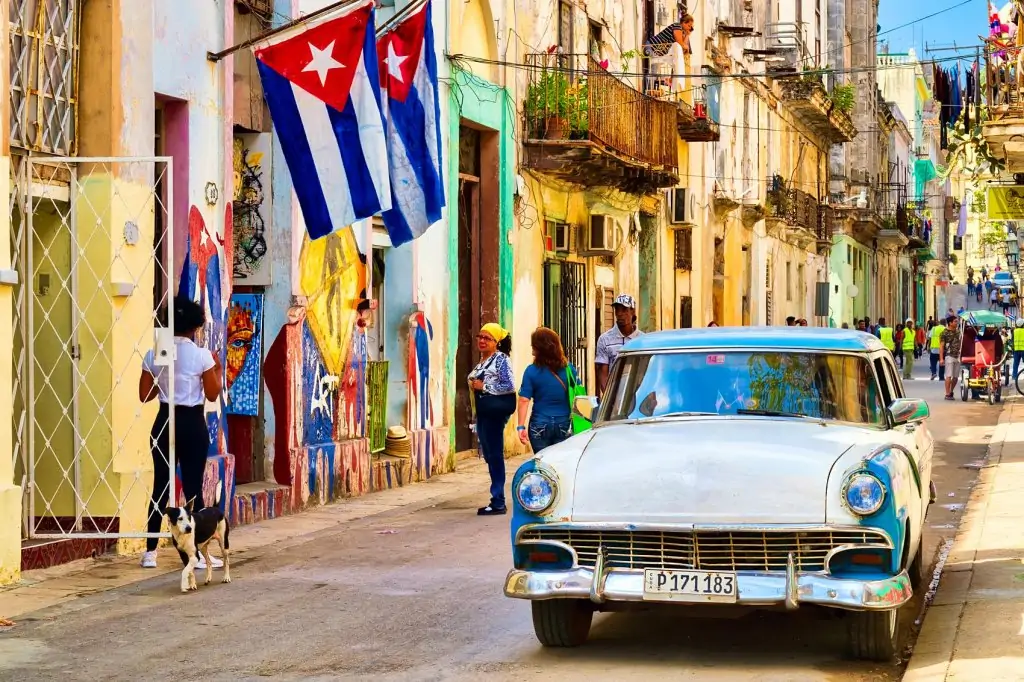The relationship between the United States and Cuba has been defined by decades of animosity, marked by sanctions, embargoes, and political isolation. Since the Cuban Revolution of 1959, the U.S. has sought to undermine the island’s communist government through economic warfare and covert operations.
One of the most enduring symbols of this hostility was Cuba’s inclusion on the U.S. State Sponsors of Terrorism list —a designation that many argued was as much about politics as policy.
A Late but Necessary Step
In January 2025, the Biden administration announced the removal of Cuba from the list. This decision, part of a Vatican-mediated agreement that also facilitated the release of over 500 prisoners in Cuba, has been described as “long overdue.” Cuban Foreign Minister Bruno Rodríguez Parrilla stated that the move was “serious, important, and in the right direction, although very limited and late.” He emphasized that the designation was not only unjust but also a deliberate act of economic and political sabotage.
For Cuba, this recognition is not a gift but an acknowledgment of the truth. Rodríguez highlighted the irony of Cuba being labeled as a sponsor of terrorism while it has, in fact, been a victim of terrorist acts, often originating from U.S.-backed groups.
Click to read about communism in Nepal
The Roots of the Designation
Cuba was first placed on the list in 1982 under the Reagan administration, accused of supporting revolutionary movements in Latin America. While these allegations were rooted in Cold War geopolitics, the designation persisted long after the fall of the Soviet Union.
Even during periods of thaw, such as the Obama administration’s rapprochement with Cuba, the label remained a contentious issue. It was reinstated in 2021 by the Trump administration, a move widely criticized as politically motivated.
Economic and Political Impacts
Being on the terror list subjected Cuba to severe restrictions, including limitations on financial transactions and international trade. The designation discouraged foreign investment and exacerbated the hardships caused by the broader U.S. embargo.
Removal from the list, while symbolic, could pave the way for some economic relief. However, as Rodríguez noted, “the core issue remains the embargo,” which continues to stifle Cuba’s development.
Polarized Reactions in the U.S.
The decision has sparked heated debate in the United States. Critics, including Senator Ted Cruz, denounced it as “appeasement” of a “brutal dictatorship.”
Others, like Florida Democratic Party Chair Nikki Fried, have echoed these sentiments, calling for the decision’s reversal. Proponents argue that the move is a step toward normalizing relations and correcting historical wrongs.
A Path Forward?
While the removal from the terror list is a positive development, it is far from a comprehensive solution. The broader U.S. embargo remains in place, and the potential for policy reversals under future administrations looms large. For Cuba, the focus remains on achieving full sovereignty and economic independence, free from external interference.
As Rodríguez aptly put it, “This is a recognition of reality, not a concession.” The path to genuine normalization will require more than symbolic gestures; it demands a fundamental shift in U.S. policy and a willingness to engage with Cuba as an equal partner.
The removal of Cuba from the State Sponsors of Terrorism list is a long-overdue correction of a historical injustice. It is a step in the right direction, but the journey toward true reconciliation remains a challenging and uncertain road.

